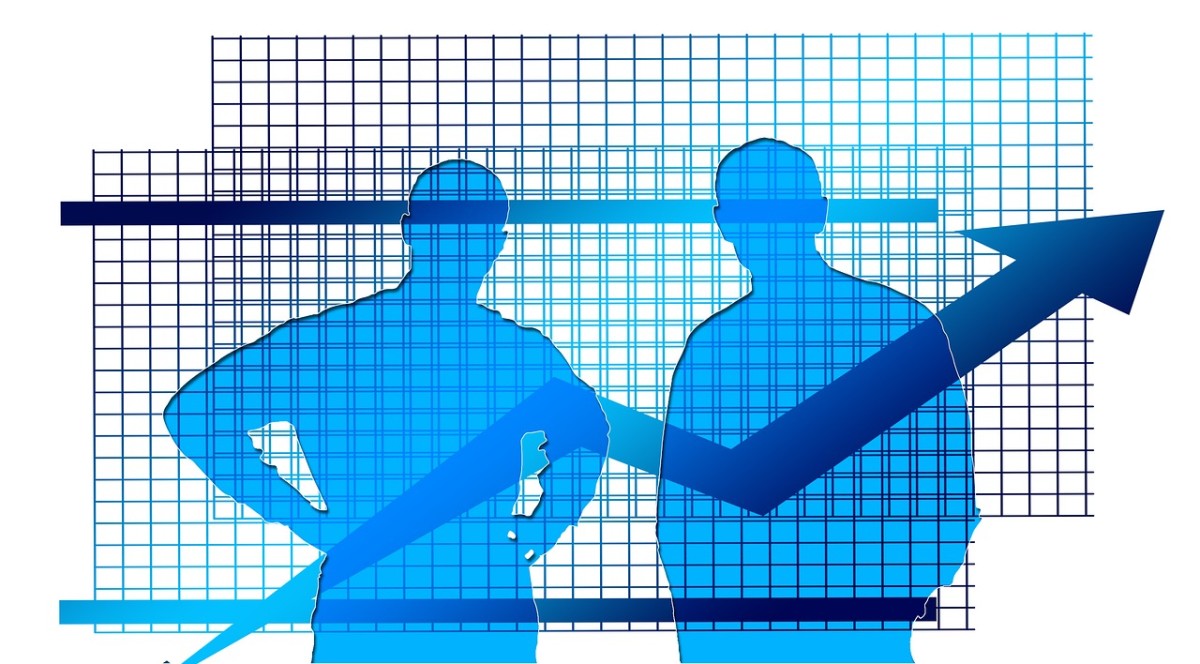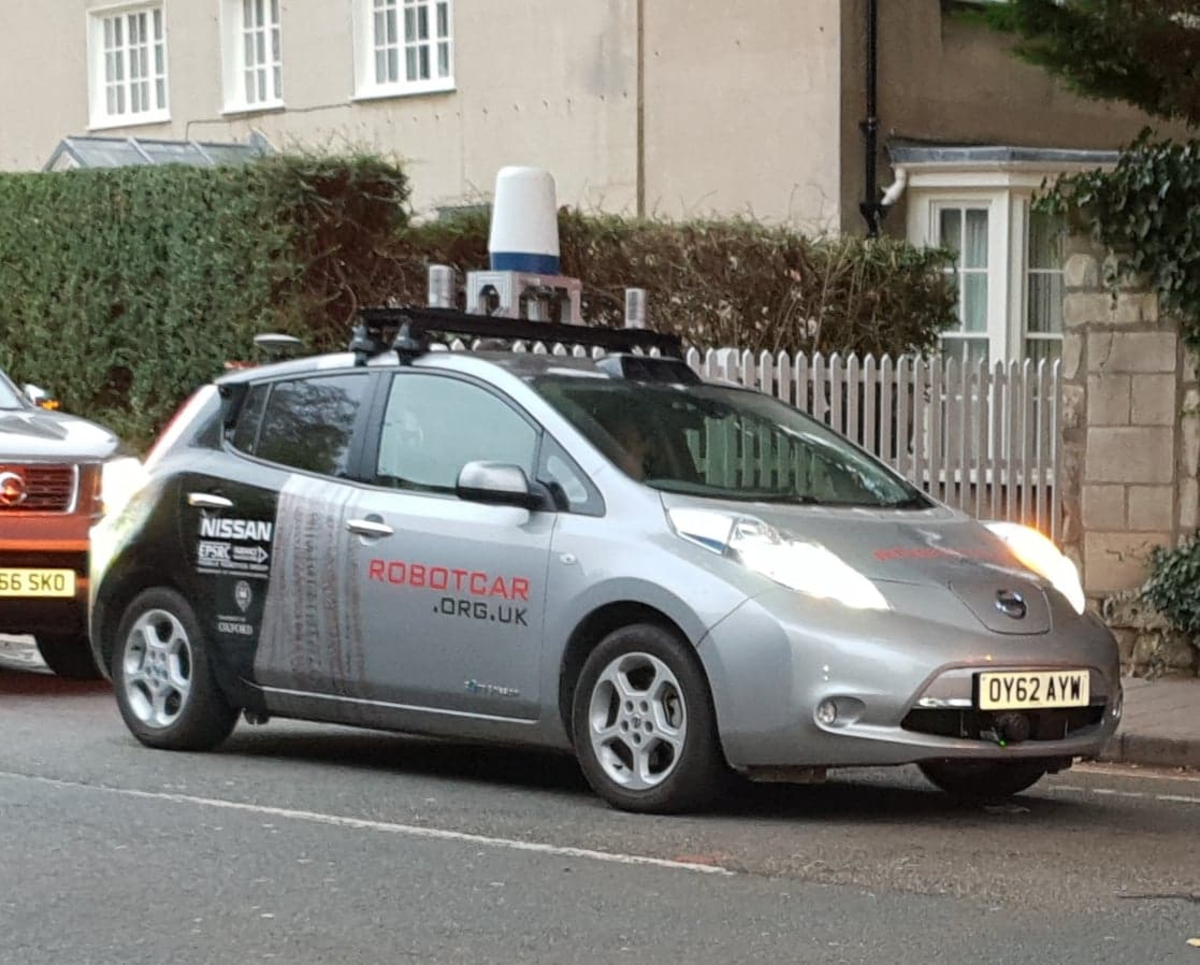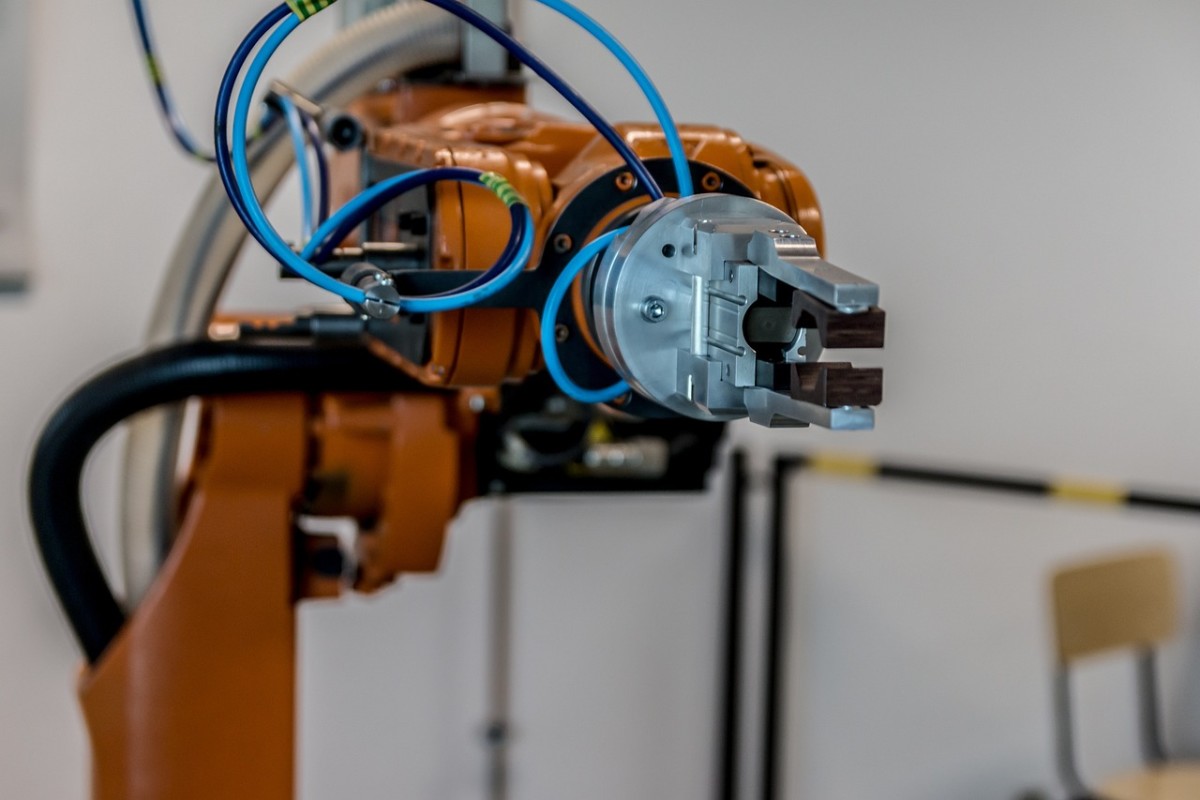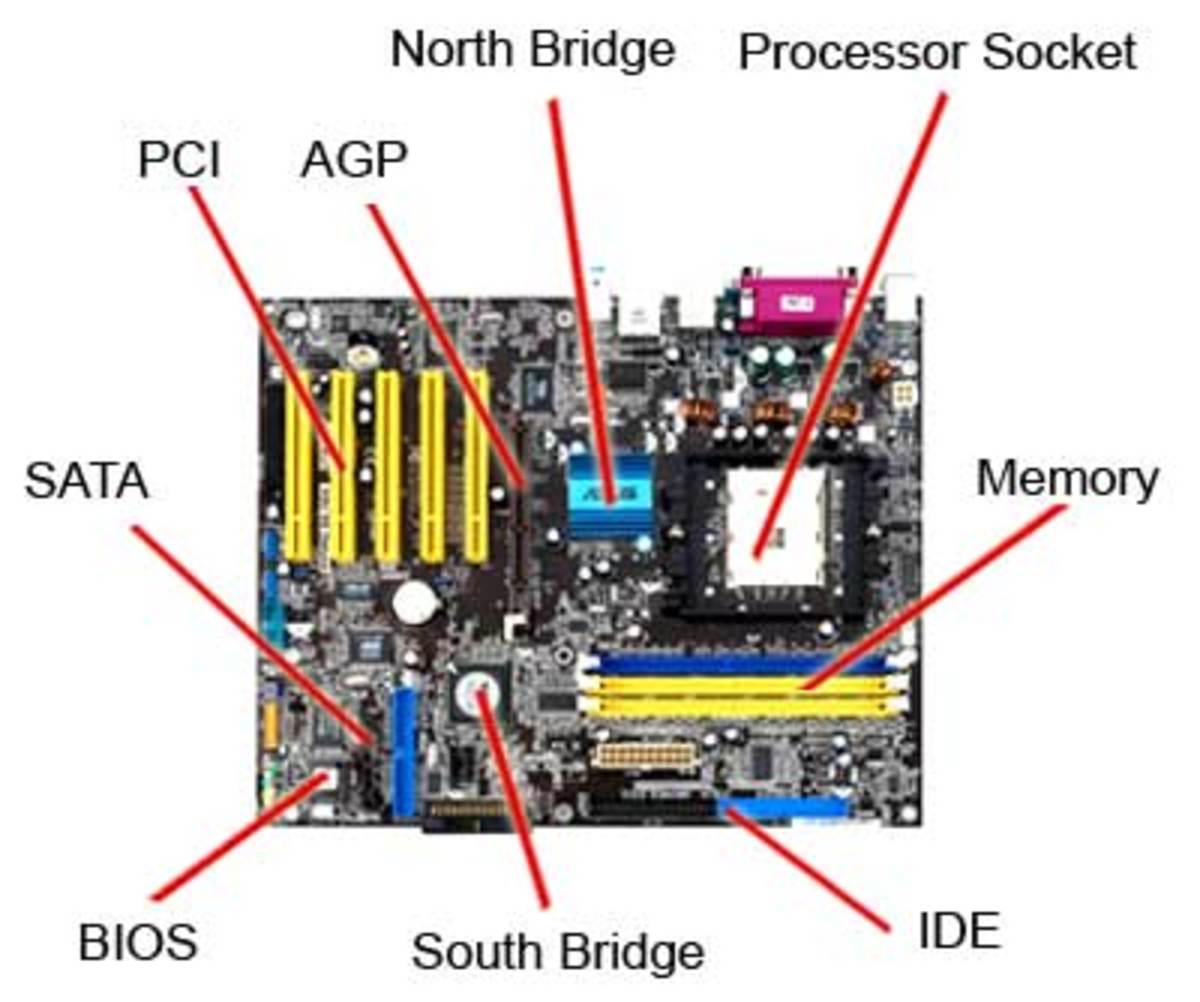Robots vs Jobs: Will Your Job Be Lost to Robotics?
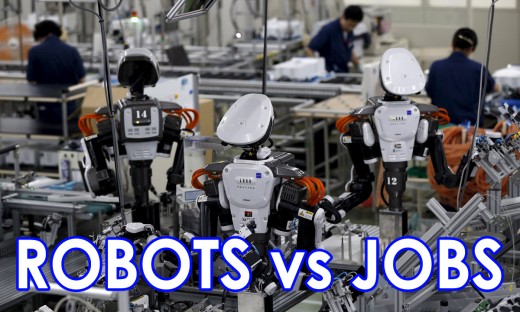
50 years ago a life where robots worked for humans was the thing of science fiction films. Yet we are now in an era of self-driving cars and smart homes. People can speak to each other using a small electronic device. They read from tablet computers. A coffee machine can make them a barista-quality coffee without the need to leave home.
Whilst these technological advancements are hugely convenient, they come at a cost: a reduced number jobs. Right now, technology is producing an increased number of jobs as humans scramble to produce the tiny components to control the electronic brains, motors and nerves that will eventually create superrobots. But as the production and design processes become more automated, the need for human interaction will reduce by an astonishing level.
The concept of job losses on a large scale hit me first when I stayed at a hotel on the British coastline in 2015.
Having already booked our room we arrived and I presented my debit card to the one person on the reception desk. She checked the number, gave us our room key and off we went to our evenings accommodation. On arrival at the room we noticed that one of the pillows was missing, so rang down to reception and the same receptionist answered. 20 minutes later she bought up the missing pillow.
We very quickly realised that the hotel with over 100 rooms was being run by 1 manager, 1 chef, 1 member of barstaff (who doubled as a waitress) and 2 cleaners. I questioned the manager on the lack of staff and whether it was productive. "Oh yes" she declared in a slightly stressed and tired manner. "We don't have many people here anymore. The computer does most of it. Except the cleaning; the computer can't clean...yet".
Robots Have Already Started Replacing Certain Jobs At Pace
The hotel was a perfect example of how technology has already begun to reduce the number of jobs in the hotel. They had got rid of the receptionist and porter; the manager now did their job as well as her own. 100 rooms serviced by a handful of people. If they expected a busy period or bookings (easily predicted by the online booking system) the computer would flash this up and extra staff would be drafted in. In the future those cleaners will likely be robotic and the keys and spare pillows dished out by a vending machine. The Service Industry stands to be one of the most affected by robots as the technological era advances. Already, shops are full of automated tills. You scan your shopping, you pay by card and the machine gives you your change and receipt. Suddenly; six till jobs have been replaced by a handful of machines.
Take a look at China - the World's fastest growing economy - to see how they are dealing with robotics. Forget any vision you may have of rooms of hundreds of Chinese employees putting together toys on a production line; that's old hat. Chinese companies purchased 66,000 robots in 2016 which were able to do the jobs of one million workers. More astonishing, is that some of those robots cost less that the annual salary of one manager.
"But people will still want human interaction!" I hear you cry.
Actually, I doubt it.
There is already a generation of millennials who live their lives with their face in a virtual world. They consume music and video on a 5-inch screen. They fake their social lives within social media accounts. They communicate with emojis and gifs. Many of this generation have no interest in speaking to other people. Then, with companies such a Amazon planning same-day drone deliveries, there will be no need to even leave their house. Their food and other shopping will arrive at their door and allow them even more time to spend dedicated to their cellphone screen.
Self Aware Robots Aren't Far Away
During the New Year holiday of 2014 I heard a technology 'expert' talking on the radio about how it would be at least 50 years before a computer could pass the Turing test, and that it would "require a Quantum computer". 6 months later a Russian developed computer - Eugene - passed the test.
Increases In A 'Living Wage' May Decrease Towards the End of the 21st Century Due to Automation
In January 2018, the Institute for Fiscal Studies (IFS) released a report in which it predicted that the living wage may decrease as employers begin to favour automated systems over humans, forcing the living wage down by the end of the 21st Century.
"The fact there seemed to be a negligible employment impact of a minimum [wage] at £6.70 per hour - the 2015 rate - does not mean the same will be true of the rate of over £8.50 per hour that is set to apply in 2020," a research economist at the IFS has said.
Many driving jobs will be replaced by self-driving vehicles 2030
We are already seeing taxis and heavy goods vehicles automated. In November 2017 Alphabet (Google's parent company) began allowing their automated car 'Waymo' to drive the streets of California with no driver in the safety position. A few months before the British government announced that it would allow companies to begin testing self-driving trucks.
If you drive for a living it may be time to reevaluate your future career prospects.
What's more, it's predicted by some that 800,000 millions jobs will be lost to robots in the next 20 years.
Army, Navy and air force jobs will be replaced by machines
In 1984 the James Cameron film 'Terminator' was released. For those who haven't see it (you really should) a cyborg is sent back from 2029 to assassinate the mother of a boy who will eventually go on to lead an uprising against the machines which have taken over the planet. Now whilst this idea sounds fanciful (and time travel is unlikely to ever happen), automated robotic warfare is just around the corner. Arms producers and military organisations are already using drones and it won't be long before automated tanks are on the battle scene.
These robots won't be slow - they'll be extremely fast, accurate and highly efficient.
Could advanced algorithms could lead to the end of the Justice system as we know it?
Algorithms. Everywhere, Algorithms. Whilst algorithms and just a basic process of answering a question and moving on to the next based on the answer, they are becoming extremely advanced. Google's power has become so large because of expertly defined algorithm behind it. Now imagine a computer that can act as judge and jury; it's very possible. An algorithm could quite easily process the crime, look at the evidence, consider any mitigating circumstances and give out the relevant punishment.
In fact, it could be argued that this method would be fairer with accurate punishments being given out across the board. Humans are emotionally and morally flawed - algorithms are not.
"Humans are emotionally and morally flawed - algorithms are not."
Millions of Jobs could be lost
According to a survey by the Royal Society of Arts, over 4 million jobs could go in technology over the next 10 years. Take a look at the latest scheme by multinational company McDonald's which has gradually started to roll out computerised ordering in its restaurants. No longer do you ask a human for your food but instead you select and pay for it on a large computer screen and collected it from an self-order point when it's ready. Another prime example of unskilled labour being replacement by computers and the people who program them.
How will people earn money?
In a time when robots and computers do all the work for us it's quite possible that many people won't work. The Bank of America recently predicted that automated systems will be doing nearly half of all manufacturing jobs within a generation – saving an astonishing $9tn in labour costs. Take a look at your High Street. What was once full of bank branches and building societies has now been replaced with cafes and bars. The days of the traditional bank teller are over as more computers and online payment systems replace their jobs.
Governments may have to look at a method of giving people a fixed amount of money each month. Those who are more skilled or who can find extra work will be the wealthiest.
Whatever the future holds, it's clear that robots and computer programs are going to replace traditional human jobs and it might happen much sooner than you think.

© 2017 Ritchie Hicks


